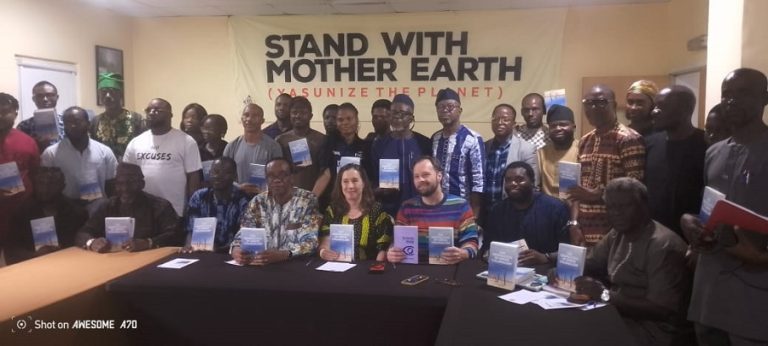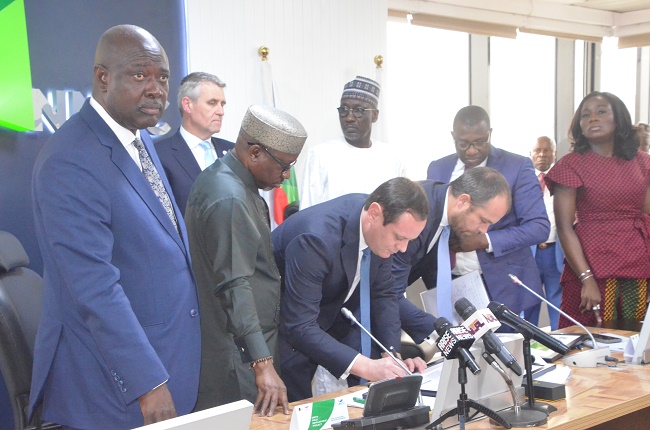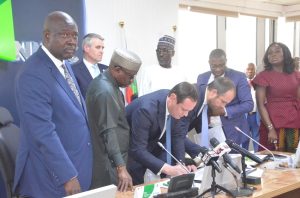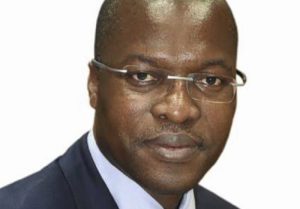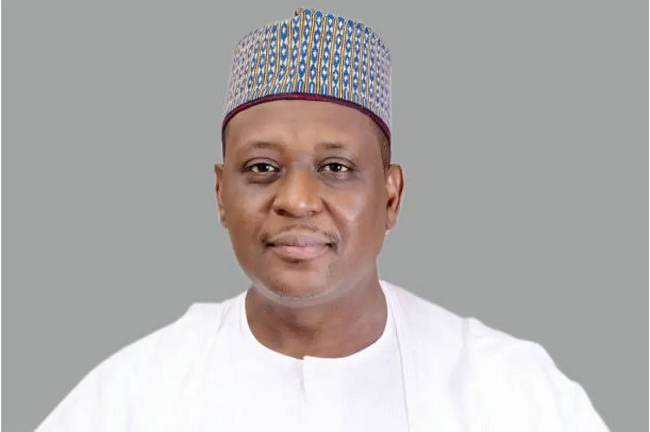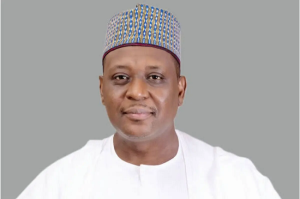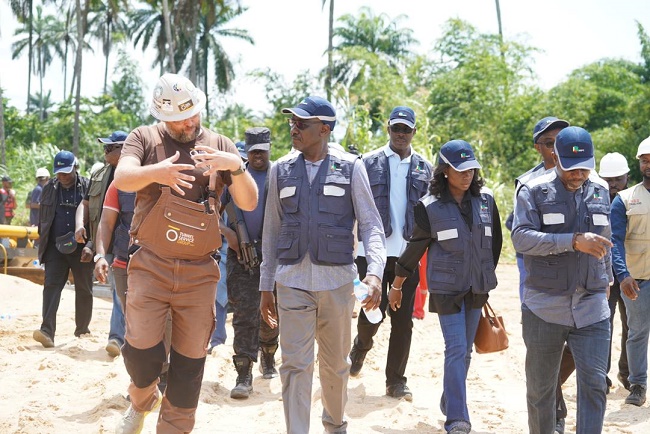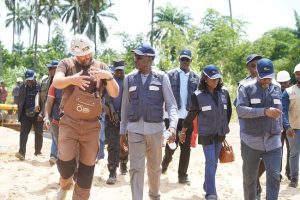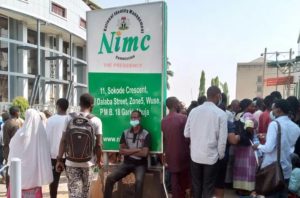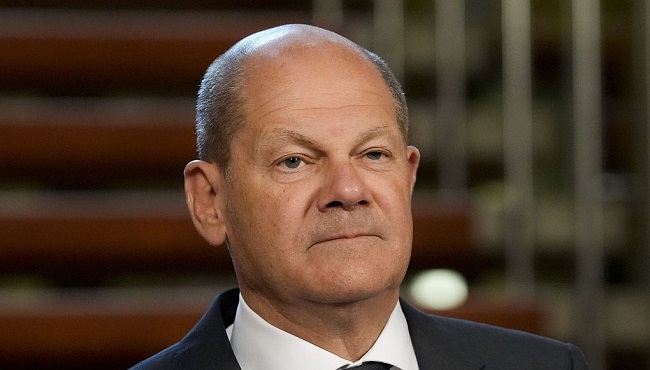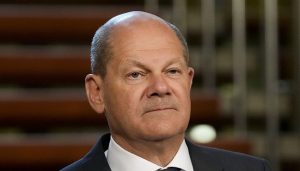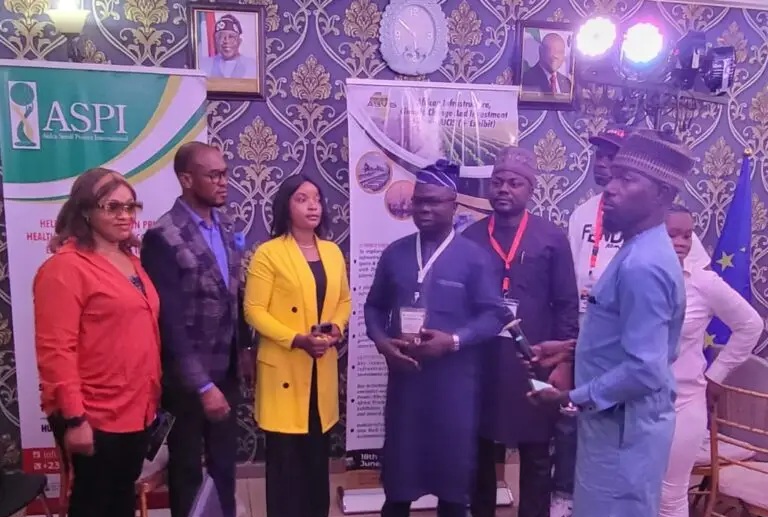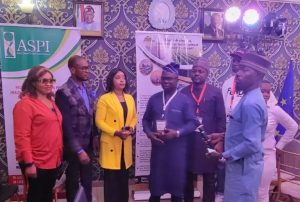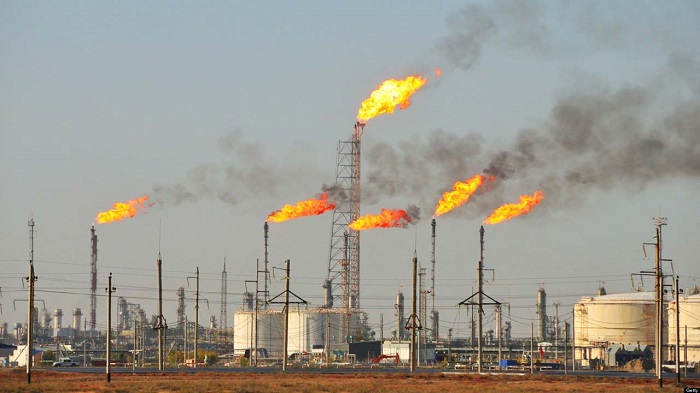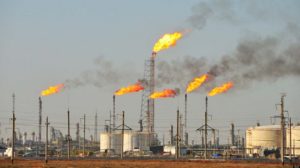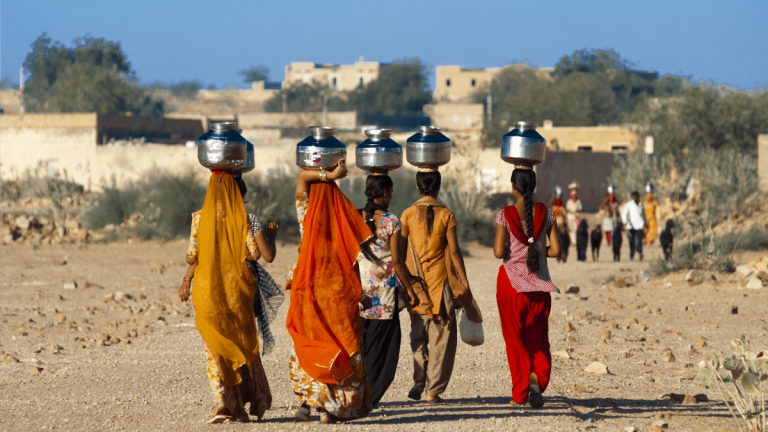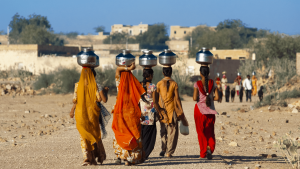“The Geopolitics of Green Colonialism”, a book that focuses on Global Justice and Ecosocial Transitions, was launched by Health of Mother Earth Foundation (HOMEF) on Saturday, June 22, 2024, in Lagos.

Nnimmo Bassey, Director of HOMEF, in his remarks, noted that the book is not meant to be kept on the bookshelf but to be read because the issues discussed in the book are contemporary issues.
He said: “As the world is moving from dirty energy to green energy, there is this belief that once that transition happens then justice has been served. But, as people say, transition is inevitable, but justice has to be fought for.
“This is a product of many contributions; it is a collection of essays all tied up on the same topic. The issue of green colonialism is something we need to pay close attention to. Remember Kwame Nkurumah said that ‘neo-Colonialism is the last stage of imperialism’ and we do know that imperialism is still alive, and the green colonialism is grabbing the world especially the global South. So, this book is mainly authored to focus on the global South and part of the global North who are very much integrated in the struggle to change the system.”
In his submission, Breno Bringel, a Brazilian Professor of Sociology at the State University of Rio de Janeiro and one of the three editors of the book, summarised the 259-page material into three parts.
He said: “The first part talked about the impacts of pre colonialism in our countries, underline parts of the destruction and the hypothesis behind green colonialism. It is devoted to a critique of the economic reality that reigns in real politics and policy today, from different perspectives.
“The second part focuses on ecological damage and free trade in the reconfiguration of planet governance in the world today. We also talk about, in the face of the psycho-social transformation, what is the role of the state? While the third part provides alternatives and justifications that are not only a rhetorical but justifications in the territories in our communities.”
Bingel further noted: “The Geopolitics of Green Colonialism has contributors from 60 countries such as Algeria, Argentina, Australia, Bangladesh, Brazil, Canada, Colombia, Germany, Indonesia, Madagascar, Philippines, the US, Venezuela as well as from Nigeria. We are very well represented by this strong voice, because we tried to put together a complimentary advice to analyse how contemporary green capitalism in green communities affect us and how can we build alternatives for our different realities?”
In her remarks, Miriam Lang, a Professor of Environment and Sustainability at Universidad Andina Simon Bolivar, Ecuador, disclosed that “on the 20th of August 2023, the people of Ecuador came to a referendum after at least 20 years where 60% of the population decided to leave the oil unexploited in the heart of the Amazon forest with biodiversity, so that was a very, very important part to the decision makers against the narrative of economic growth.
“So, now we are facing the challenge of removing some oil infrastructure, which already had been planted in this region and also of redefining the whole economy of the country towards extractive because we have also had several other countries with consultations or referenda against mining, which are one always with more than 80% of the vote”.
Lang, who noted that despite all the challenges 70% of the food produced globally is from the smallholder farmers, also expressed concern because, according to her, “mining activities poison people and makes agriculture and other livelihoods impossible, also tourist economy is not possible. So, we are now looking towards a discussion that tries to strengthen what we call food sovereignty. That is like deciding what we want to plan, what we want to eat and how we want to exchange that food and the seeds in our country.”
Other contributing editors in the production of the masterpiece are Mary Ann Manahan, a scholar in the Philippines, and Ibrahima Thiam, a Senegalese and Project Manager with Rosa Luxemburg Stiftung.
Dignitaries at the event include Roland Ngam, Manager for Socio-Ecological Foundation in South Africa; Prof. Adelaja Odukoya from University of Lagos; Lanre Arogundade, Executive Director, International Press Centre; and Betty Abah, Director, Cee-Hope Nigeria, among others.
By Ajibola Adedoye

